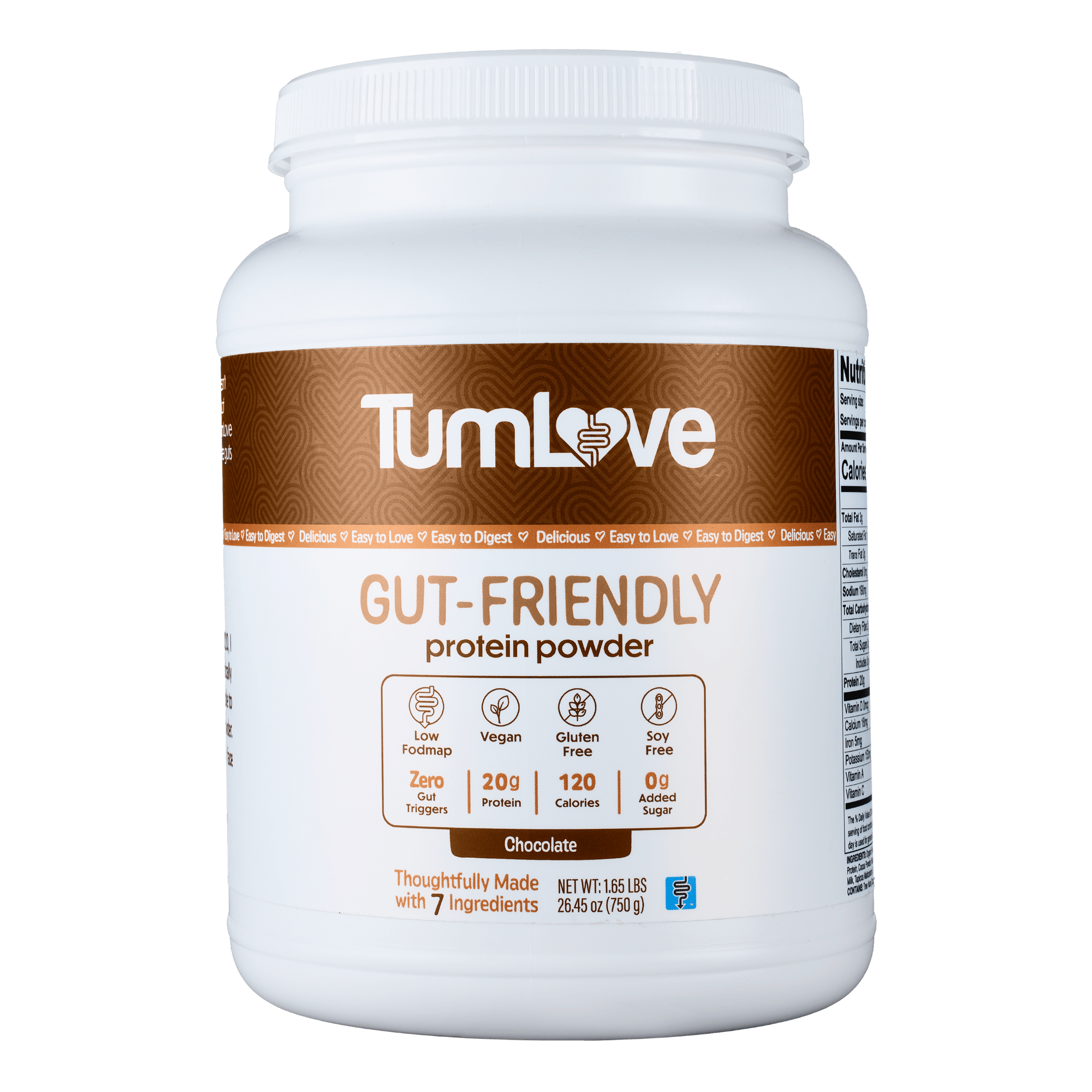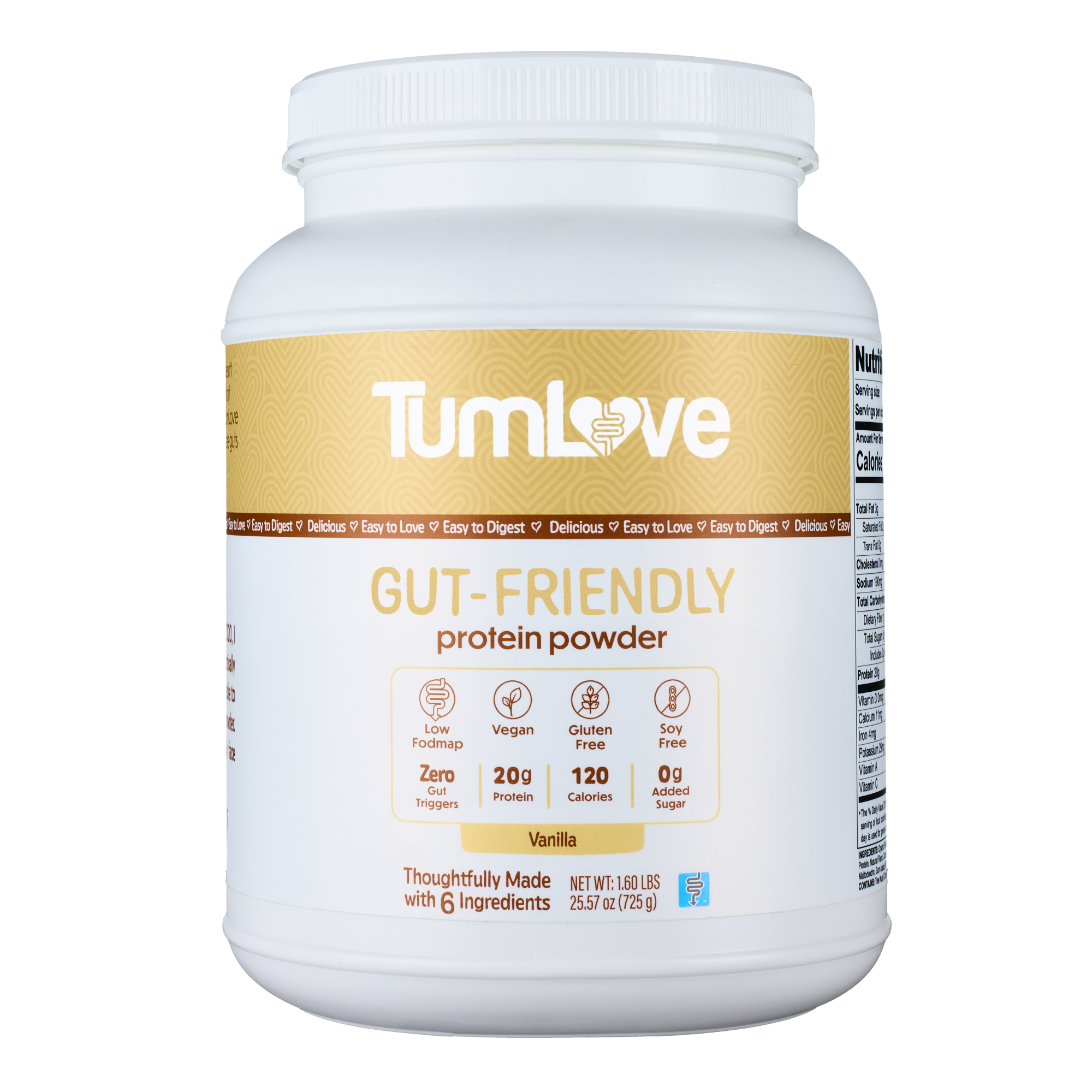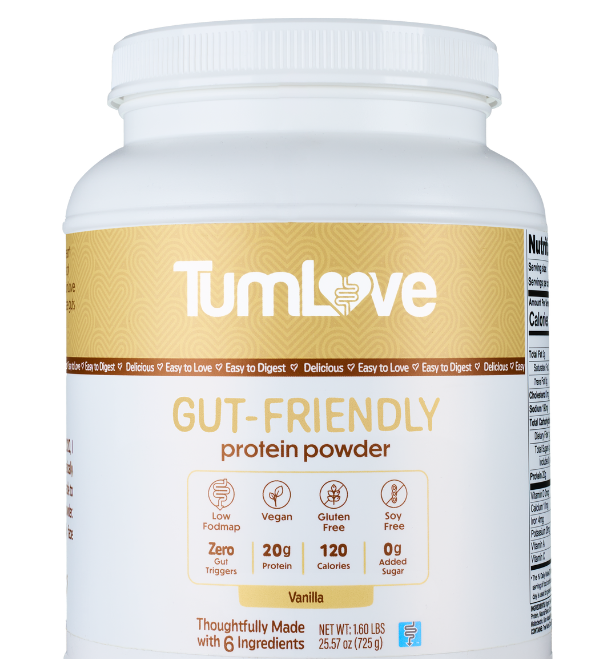In this blog post, we at TumLove, who are devoted to promoting optimal gut health and improving the lives of those with digestive disorders, aim to shed light on the ICD-10 code for GERD. We will explore its significance, implications for diagnosis and treatment, and the crucial role it plays in patient care.
Join us as we unravel the meaning of the GERD ICD-10 code, alongside a thorough discussion on the symptoms, risks, and management strategies for the condition. We hope this comprehensive guide will help to bridge the gap between medical jargon and patient understanding. Together, we'll navigate the complexities of GERD, its ICD-10 coding, and what it means for individuals living with this condition. Your journey towards informed health decisions starts here.
★★★★★
"Now I can do what I love while feeling great!"
- Lileia S.
If you're on a mission to improve gut health, whether for yourself or to share knowledge with others, you'll likely come across some medical terms and codes that might seem a bit complex at first. One such term is GERD ICD 10. But what exactly does it mean, and why is it important? Don't worry, we're here to guide you through it. So sit back, and let's unravel the mysteries of GERD ICD 10.
What is GERD ICD 10?
Before we delve into the specifics, let's break down what the term means. GERD stands for Gastroesophageal Reflux Disease, a digestive disorder that impacts the lower esophageal sphincter, leading to the backflow of stomach acid into the esophagus. Now, the ICD 10 part of the term is a classification used by the World Health Organization (WHO) and stands for International Classification of Diseases, Tenth Revision. So, when you hear the term GERD ICD 10, it refers to the specific ICD 10 code assigned to GERD.

Why is the ICD-10 Code for GERD Important?
The ICD-10 code for GERD is pivotal in the medical community for several reasons. For one, it helps healthcare providers to categorize and track the prevalence of GERD in their patient population. It's also essential for medical billing and insurance purposes. Moreover, research institutions and public health officials use these codes to monitor disease trends and plan health strategies accordingly.
Implications of GERD ICD 10
- Clinical Decision Making: Accurate coding like GERD ICD 10 aids in clinical decision-making, helping physicians determine the best treatment strategies based on the patient's specific condition.
- Healthcare Billing: The ICD-10 code is a key component of medical billing, helping to streamline the process and ensure that services are accurately represented and reimbursed.
- Disease Tracking and Prevention: The ICD-10 code is essential in public health for tracking disease prevalence and helping to form effective prevention strategies.
Understanding the Symptoms of GERD
The symptoms of GERD can be uncomfortable and sometimes even alarming. These can range from the all-too-familiar heartburn, a burning sensation in the chest after eating, to regurgitation, where sour liquid or food comes back up into your mouth.
GERD Serious Health Complications
GERD isn't just about experiencing heartburn or discomfort after a heavy meal. If left untreated, it can lead to more serious health issues such as difficulty swallowing, bleeding in the esophagus, and even Barrett's esophagus, which increases the risk of esophageal cancer.
Treating GERD Effectively
GERD treatments vary based on the severity of the symptoms and the patient's overall health. Some commonly recommended treatment options include lifestyle changes, medication, and in severe cases, surgery. Here's a breakdown:
- Lifestyle Changes: This may involve dietary modifications like eating smaller meals, avoiding foods that trigger symptoms, and not lying down immediately after meals. Regular exercise is also beneficial.
- Medication: Over-the-counter medicines such as antacids can help, but doctors often prescribe stronger medication for more severe cases.
- Surgery: This is typically reserved for severe GERD cases where lifestyle changes and medication are ineffective.
Remember, it's always best to consult with a healthcare provider when seeking treatment for GERD or any other medical condition.
Nutrition and GERD: Can Diet Make a Difference?

When it comes to managing GERD, diet can indeed make a significant difference. Certain foods are known to trigger GERD symptoms, including fatty or fried foods, alcohol, coffee, and spicy foods. On the other hand, foods rich in fiber, lean proteins, and low-acidic fruits and vegetables can support a healthy gut.
Incorporating the Right Protein Supplement
For those diagnosed with GERD struggling with protein intake, finding a protein supplement can be vital. That's where Tumlove's Low FODMAP Gut-friendly Protein Powder comes in handy. Not only is it designed to be gentle on the stomach, but it's also packed with high-quality vegan protein that helps keep you full and satisfied.
How to Prevent GERD
While GERD cannot always be prevented, especially if it's due to factors like genetics or physiological abnormalities, there are steps you can take to reduce its risk and severity. These include maintaining a healthy weight, avoiding trigger foods, eating smaller meals, and not lying down immediately after eating.
Living with GERD
While GERD is a chronic condition, it doesn't mean you can't lead a fulfilling life. With the right knowledge, treatment, and lifestyle adjustments, you can manage GERD effectively. Always remember that your health matters, and taking care of your gut is a significant part of that journey.
References:
- Harvard Health Publishing. (2019). Gastroesophageal Reflux Disease (GERD).
- WebMD. (2020). What Is GERD?
- Healthline. (2021). Everything You Need to Know About GERD.
- World Health Organization. (2016). International statistical classification of diseases and related health problems (11th Revision).
- Mayo Clinic. (2021). Gastroesophageal reflux disease (GERD).





